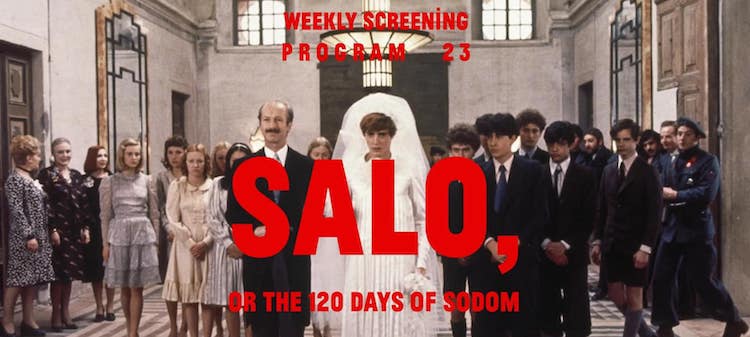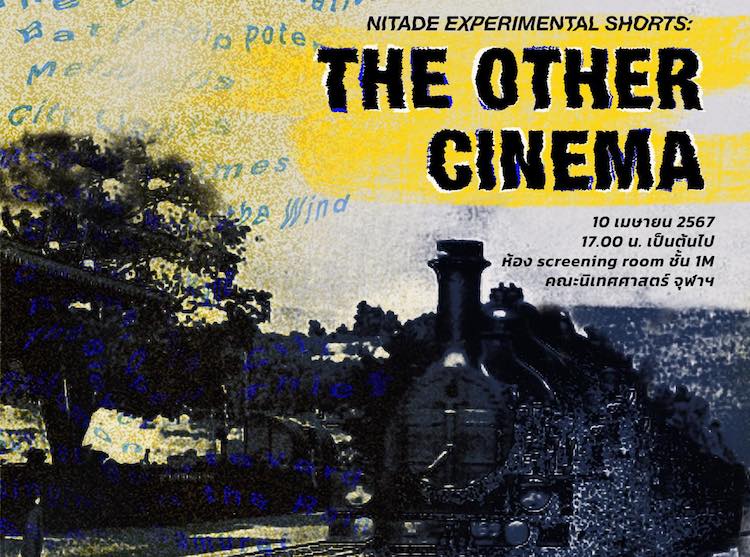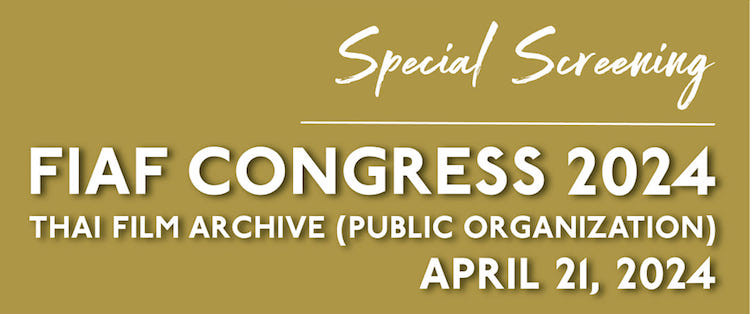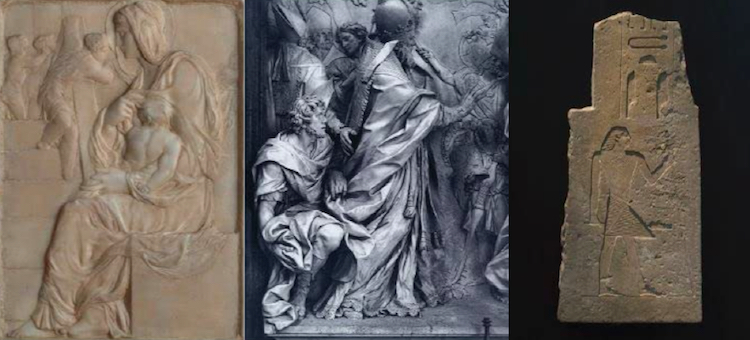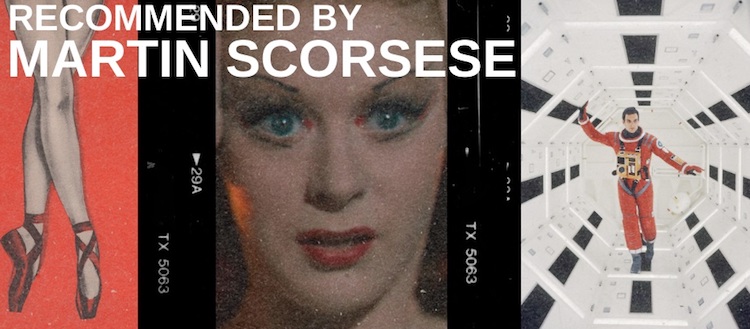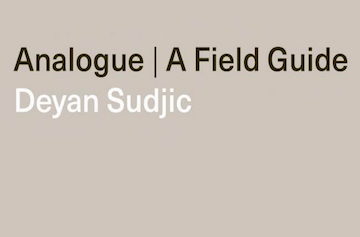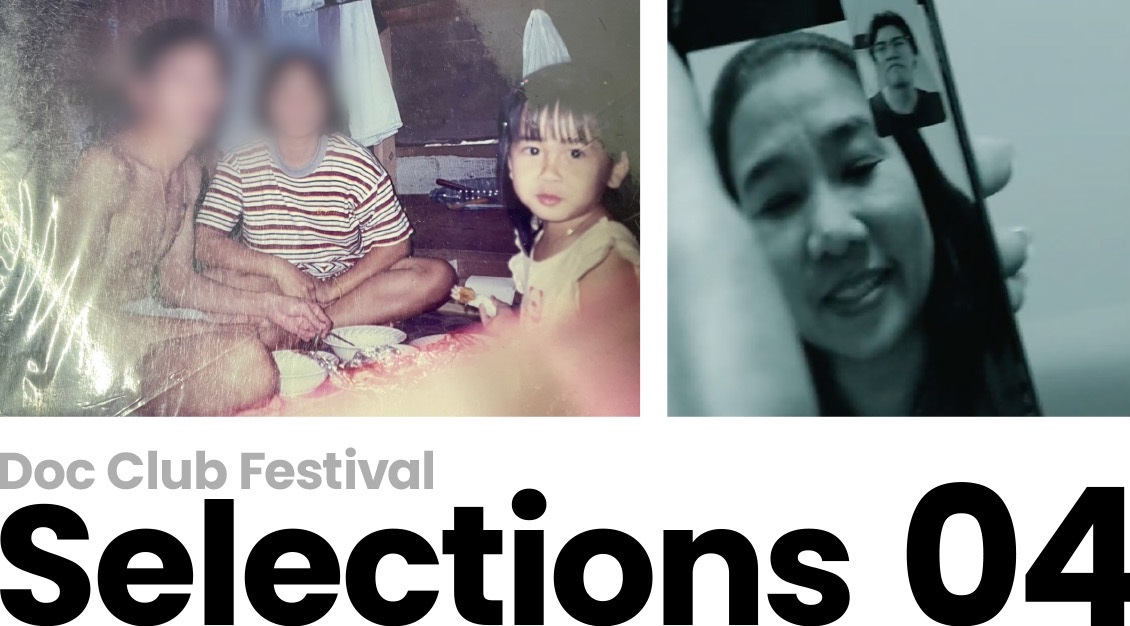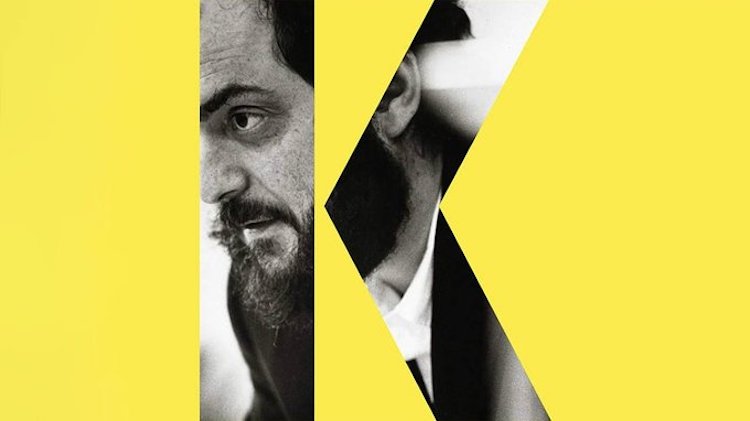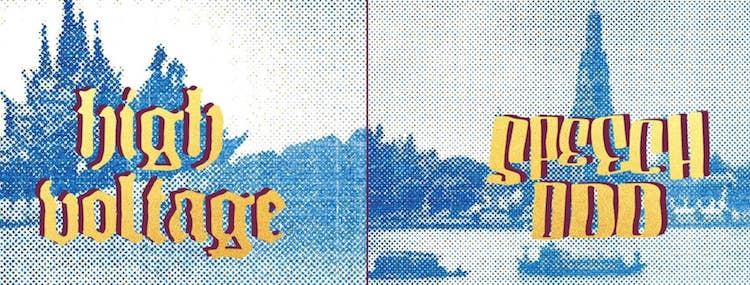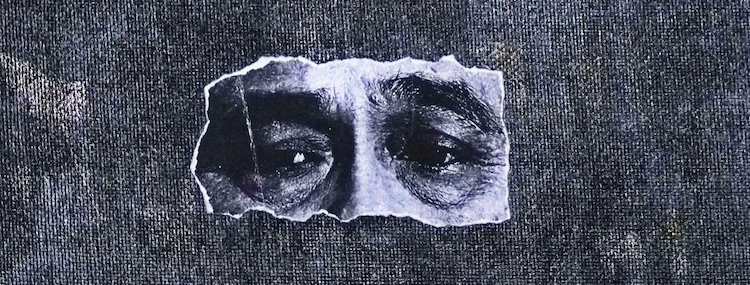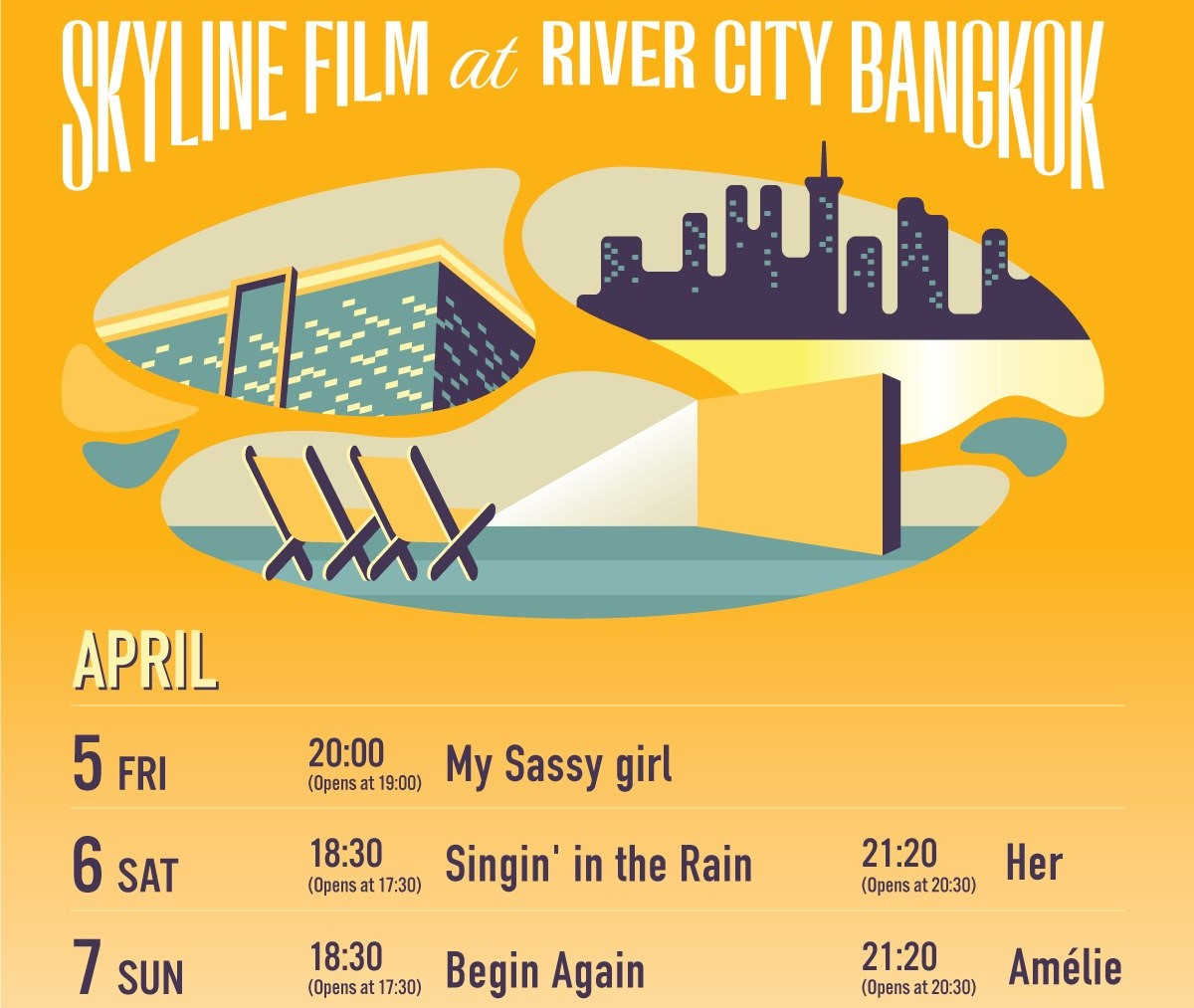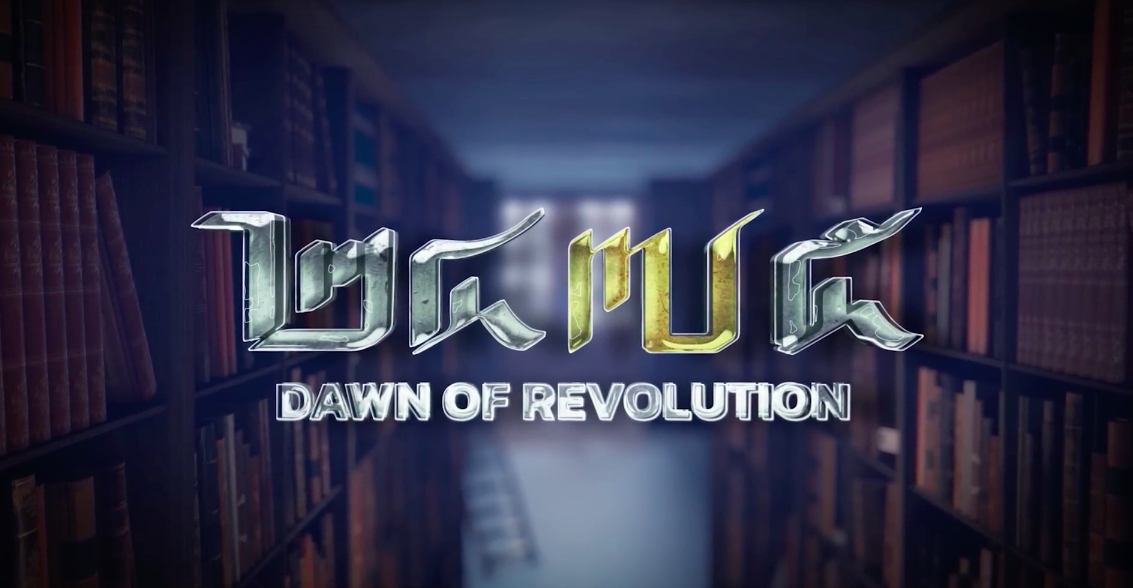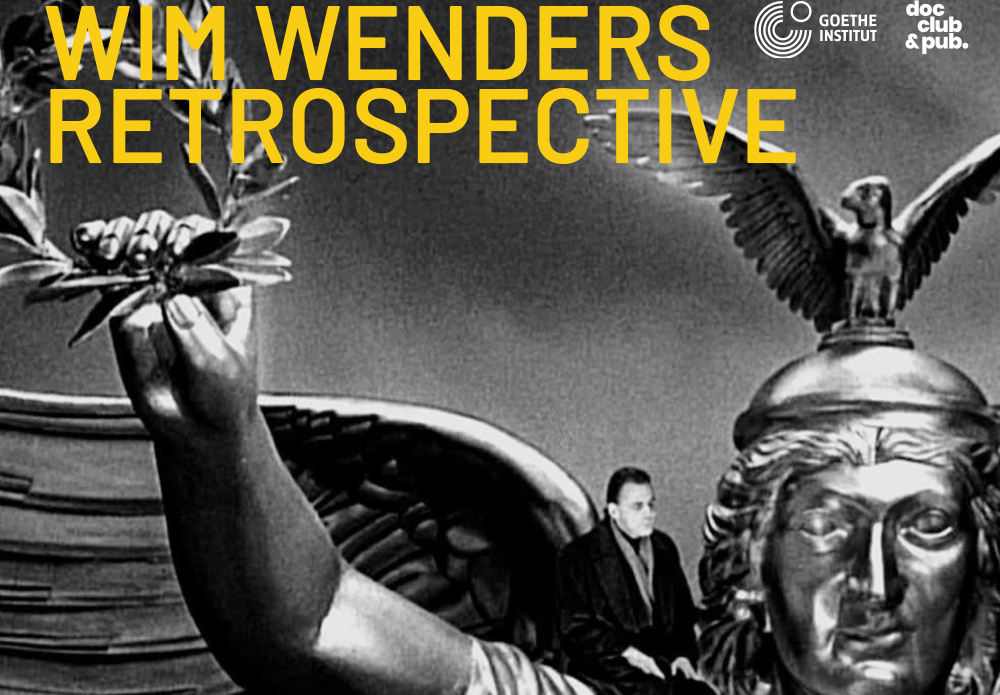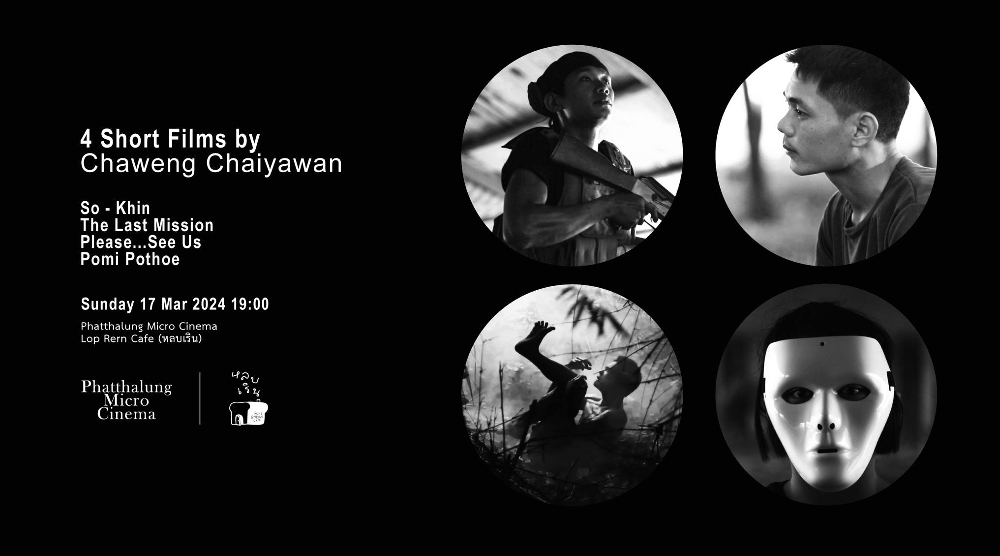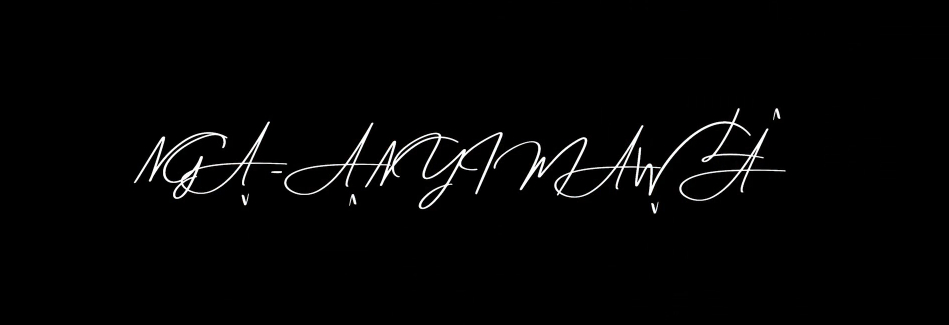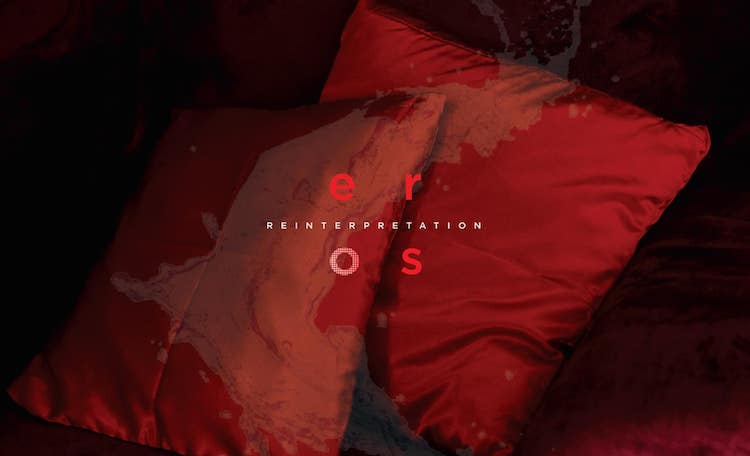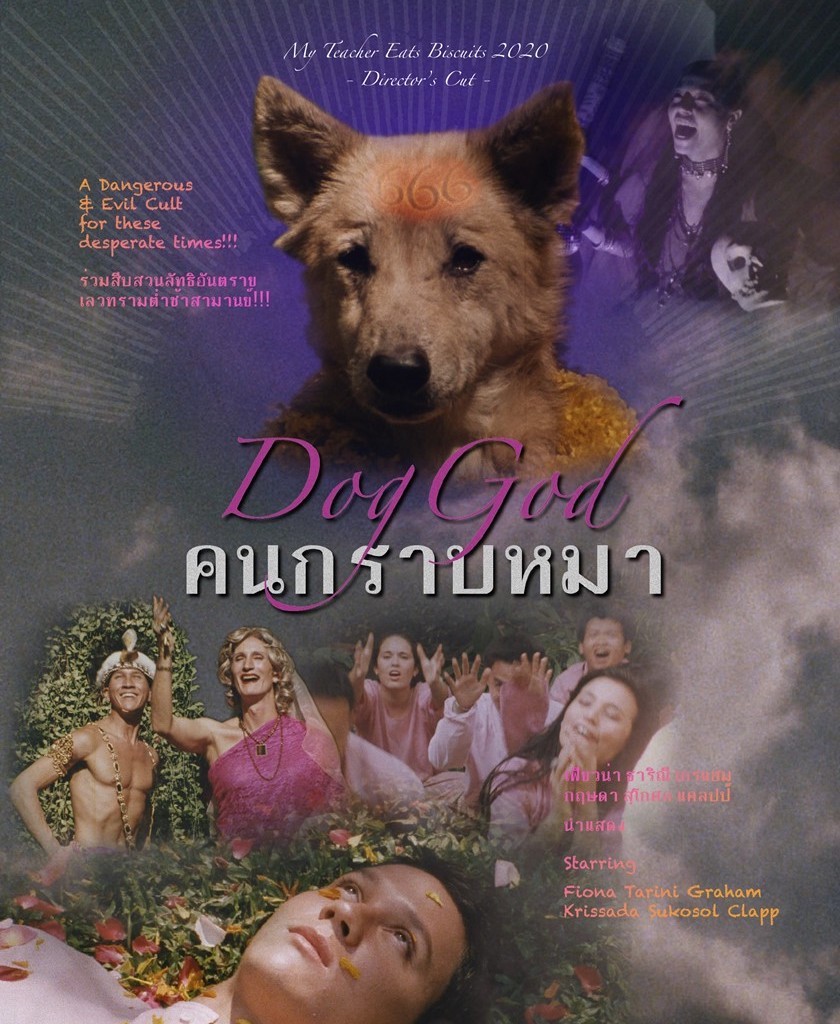
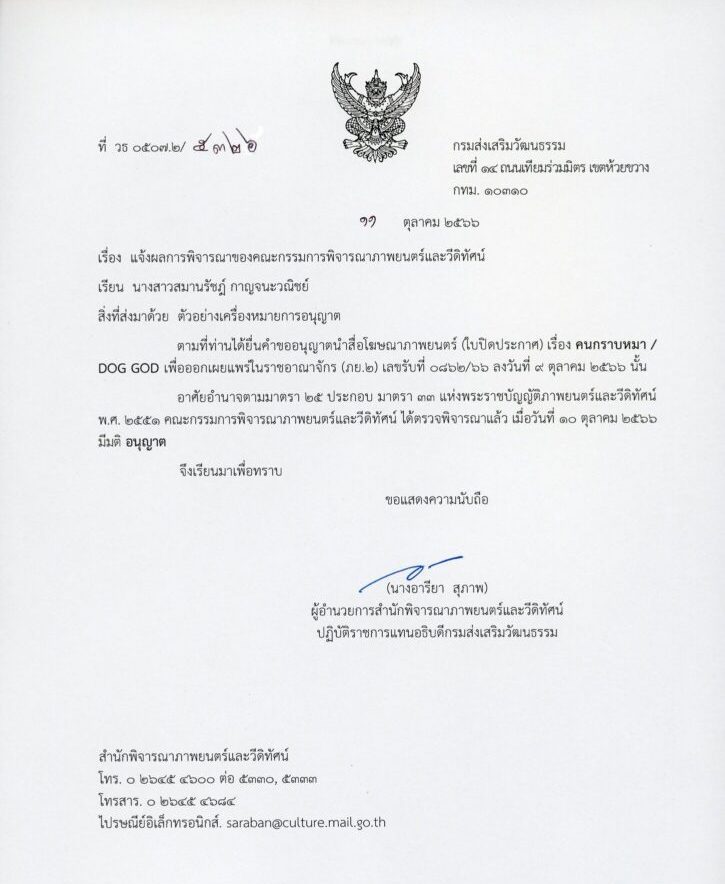
Ing Kanjanavanit’s film My Teacher Eats Biscuits will finally be shown in Thailand, more than twenty-five years after it was banned. Ing re-edited the film in 2020, and this director’s cut—ten minutes shorter than the original version—was approved by the film censorship board last October. It will be screened at House Samyan in Bangkok next month. Although its Thai title (คนกราบหมา) remains the same, its English title has been changed to the less ambiguous Dog God.
My Teacher Eats Biscuits was banned from the inaugural Bangkok Film Festival in 1998, along with the Singaporean drama Bugis Street (妖街皇后). On the opening night of the Alternative Love Film Festival later that year, Ing showed a video of her meeting with the film censors, and screened Bugis Street in defiance of the ban. Police raided the Saeng-Arun Arts Centre during the screening of Bugis Street, though they left the auditorium once they realised that My Teacher Eats Biscuits was not being shown.
The film was banned on the grounds that it satirised religion. As the director explained in an interview for Thai Cinema Uncensored: “This is like banning John Waters’ Pink Flamingos for bad taste!” In other words, the religious satire was the whole point of the film. (In that interview, Ing alleged that one member of the censorship board, a Chulalongkorn University professor, dominated the board and led the decision to ban the film. Another possible reason for the ban was that the censors misinterpreted a character as an impersonation of Princess Galyani.)
Like Pink Flamingos, My Teacher Eats Biscuits is a low-budget, independent movie shot on 16mm. (Coincidentally, Pink Flamingos was also passed by the Thai censors last year.) A plot synopsis—a cult worships an evil dog, and a monk advocates necrophilia—gives the false impression that My Teacher Eats Biscuits is offensive or blasphemous. In fact, the film has a camp sensibility (which it shares with Pink Flamingos), and its tone is clearly parodic.
My Teacher Eats Biscuits was banned from the inaugural Bangkok Film Festival in 1998, along with the Singaporean drama Bugis Street (妖街皇后). On the opening night of the Alternative Love Film Festival later that year, Ing showed a video of her meeting with the film censors, and screened Bugis Street in defiance of the ban. Police raided the Saeng-Arun Arts Centre during the screening of Bugis Street, though they left the auditorium once they realised that My Teacher Eats Biscuits was not being shown.
The film was banned on the grounds that it satirised religion. As the director explained in an interview for Thai Cinema Uncensored: “This is like banning John Waters’ Pink Flamingos for bad taste!” In other words, the religious satire was the whole point of the film. (In that interview, Ing alleged that one member of the censorship board, a Chulalongkorn University professor, dominated the board and led the decision to ban the film. Another possible reason for the ban was that the censors misinterpreted a character as an impersonation of Princess Galyani.)
Like Pink Flamingos, My Teacher Eats Biscuits is a low-budget, independent movie shot on 16mm. (Coincidentally, Pink Flamingos was also passed by the Thai censors last year.) A plot synopsis—a cult worships an evil dog, and a monk advocates necrophilia—gives the false impression that My Teacher Eats Biscuits is offensive or blasphemous. In fact, the film has a camp sensibility (which it shares with Pink Flamingos), and its tone is clearly parodic.

After the ban, My Teacher Eats Biscuits was rarely seen, either in Thailand or elsewhere. As critic Graiwoot Chulpongsathorn wrote in 2009, it is “a film so controversial that it has been ‘disappeared’ from history.” It was shown at the Goethe-Institut in Bangkok in 1998, and it had two European screenings in 2017: at the Close-Up Film Centre in London, and at the Cinéma du réel (‘cinema of the real’) festival in Paris.
When Shakespeare Must Die (เชคสเปียร์ต้องตาย) was banned in 2012, Ing had the dubious distinction of being the only Thai director with two films banned simultaneously. Now both films have been passed by the censors—the Shakespeare Must Die ban was lifted in February—and they will both return to Thai cinemas this year.
When Shakespeare Must Die (เชคสเปียร์ต้องตาย) was banned in 2012, Ing had the dubious distinction of being the only Thai director with two films banned simultaneously. Now both films have been passed by the censors—the Shakespeare Must Die ban was lifted in February—and they will both return to Thai cinemas this year.


